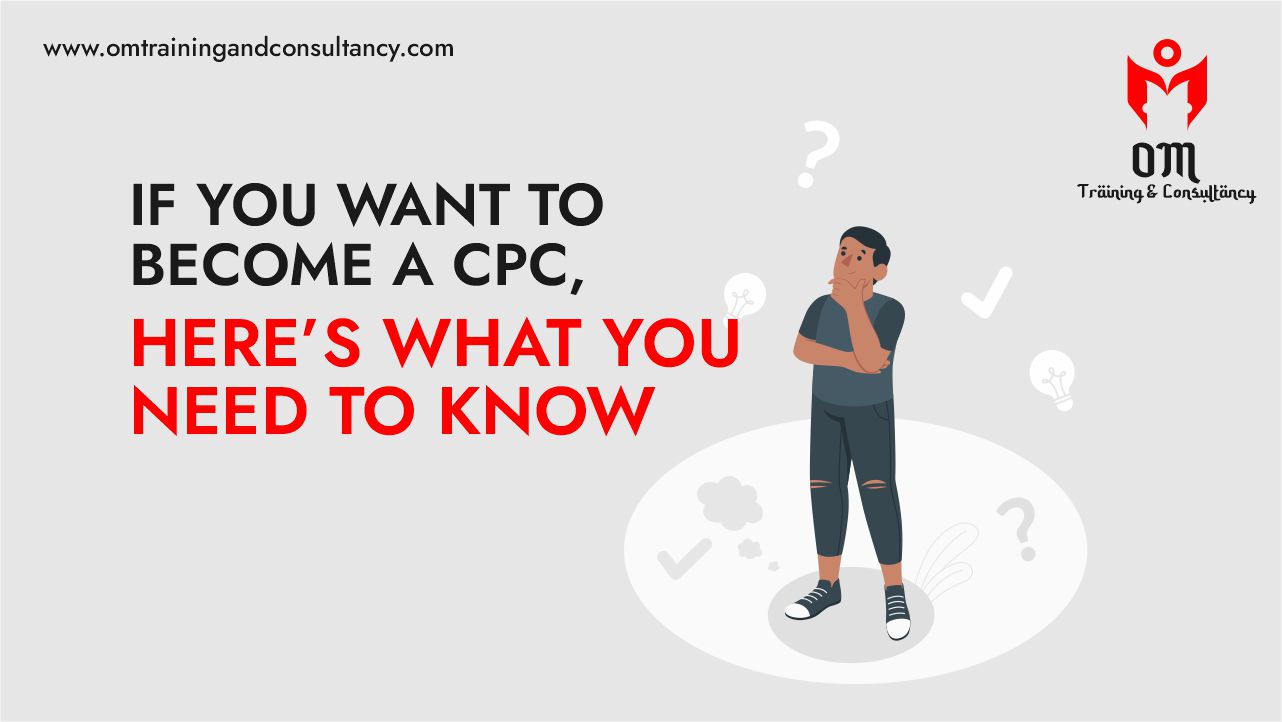- It is essential to have a strategy.
It’s not easy to become a Certified Professional Coder (CPC), and the American Academy of Professional Coders’ (AAPC) exam is a difficult and long test. The exam will, of course, include CPCs-to-be questions on CPT codes, Evaluation and Management, the biological systems, and the use of various code sets – but that’s not all. The exam is structured in such a way that test takers must plan ahead of time. To pass the AAPC Certified Professional Coder exam, you must understand not only how to code medically, but also how to take the exam.
To gain CPC certification, you must score 70% or above on the exam, which means that test strategy is critical. Many CPC Prep Courses just teach students course subjects – verbatim – from the textbook. Unfortunately, many people’s learning styles do not fit with this, and retakes are frequently required. Make sure to look for a CPC Prep Course that includes learning modules on exam strategy and course content, and explore the advantages of a personalized curriculum over generic modules.
- Growth is the way to go!
According to the Bureau of Labor Statistics, job possibilities in the health information area will expand by at least 15% by 2024, which is twice the average growth rate for all other occupations in the US. Medical coders will be in higher demand as the population ages and healthcare undergoes a paradigm shift. This is due to an increase in claim paperwork and the integration of electronic health records.
The CPC certification has a wide range of applications. Certified medical coders can work as medical record auditors, provider trainers, and consultants with their credentials. The increased demand for healthcare services also contributes to the possibilities for growth in these professions. Medical coders, billers, and auditors will always be needed as long as there is a demand for healthcare.
- Learning is a continuous process
The AAPC requires trained members to get Continuing Education Units in order to maintain their CPC certification (CEU). CEUs often cost money and are earned once coders complete a specific learning session. Attendance at seminars and webinars, educational conferences, and exams issued by AAPC-approved universities are all ways to earn CEUs. It’ll be crucial for you to know when and where you may get free or low-cost CEUs as a CPC.
- The entire world is your workplace.
Certified Professional Coders have a wide range of options, and many will be able to choose between working remotely or in an office with other coders, billers, or medical record auditors.
Working remotely allows CPCs to work from the comfort of their own homes. Working in an atmosphere that you created yourself might improve your attitude and productivity throughout the day.
Make sure you can contact directly with your instructor or other students when choosing your CPC Prep Courses. This communication – whether over the phone or via webcast – will ease you into your new role as a remote worker and show you how to make the most of virtual communication channels.
- You’ll be able to make a difference
If there’s one thing you should know about being a CPC, it’s that you’ll be helping the field of healthcare. For all patients, the partnership between provider and coder is a bridge to high-quality, resonant, and remarkable care. The true heroes of patient care are medical coders and auditors.
Conclusion:
Medical coders keep the integrity of healthcare at the forefront of their minds by monitoring the patient’s path beyond the exam room.If you decide to use your CPC to enhance your medical record auditing job, you’ll be helping to transform the entire healthcare paradigm.
